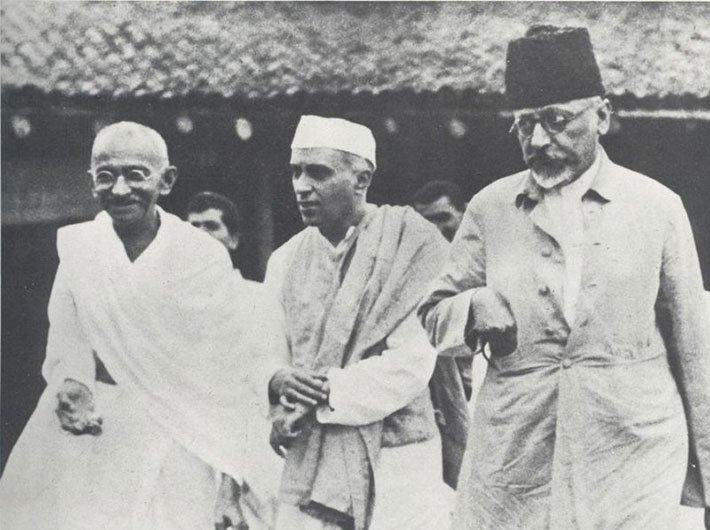Maulana Abul Kalam Azad was India’s first education minister and a man of great knowledge and compassion for the nation. He was a prominent leader of the Congress and an individual who devoted himself to inter-community faith and cooperation. His contributions have relevance in times of contradictions like ours.
Kavya Thomas | The New Leam
On 22nd February, 1958 Jawaharlal Nehru remarked“Aaj hamara Mir-e-Karavan chala gaya (today we have lost the leader of the caravan).” He was talking about Maulana Abul Kalam Azad- the Congress leader who also became India’s first education minister. He was born in 1888. He did not attend a formal school and completed his education at home. He was a sincere and hardworking student who enjoyed engaging with the domain of ideas from his childhood days.

He completed his religious education by the age of 16 but as he read and discovered more, his interpretations changed. He believed in independent thinking based on reason and asserted that blind conformity damaged minds.
He also urged people not to literally interpret Islamic or other religious texts and delve into their profound meanings. From a very early age he began a great and long career in journalism. His writings and speeches in Urdu, known for their profoundness and sophistication, earned him the title ‘Abul Kalam’(father of speech), which also became the name he is famously known as.
He was an ardent fighter for Indian independence and a spiritually motivated person; he did not see it necessary that these choices be juxtaposed. He asserted that he was as proud of being a Muslim as he was about being an Indian. He believed that India was an indivisible unity and he considered himself a fragment of the entity.

He had joined the Congress in 1920. This was the time when Gandhi launched the non-cooperation movement in collaboration with the Khilafat movement, and he became the president of Congress in 1923. He was committed to bringing forward unity between the Hindus and Muslims. He opposed the proposal of separate electorates and saw it as an elaboration of the British policy of divide and rule.
He spoke against the separatist ideology of the Muslim League. Jinnah gave him the title “Congress’s Muslim show boy”. During the Quit India movement, he went to prison from 1942 to 1945 with other major leaders of the party.
He was also the leader of the Congress delegation that went to the failed Shimla Conference, planned to initiate dialogue between the Congress and the Muslim League. The partition was opposed strongly by Azad when Congress seemed to have succumbed in its grasp.
In a book called ‘India Wins’, Azad wrote,
As a Muslim, I for one am not prepared for a moment to give up my right to treat the whole of India as my domain and share in the shaping of its political and economic life. To me it seems a sure sign of cowardice to give up what is my patrimony and content myself with a mere fragment of it.
Maulana Abul Kalam Azad desired to witness India as a whole and the division of the country on religious lines really bothered him.
He articulated himself on the significance of both the communities to live in peace and harmony. His education, his temperament, his way of witnessing the world where all enabling qualities that allowed him to look at the nation with a deep sense of public faith, democratic commitment and determination to alter India’s pathological state post partition.
It is paradoxical that in times characterised by divisive sentiments, inter-faith distrust- the legacy of leaders like Maulana Abul Kalam Azad is not invoked often. His commitment to Hindi-Muslim unity and a dream of unified India resonate in our times as much as they did in his.













